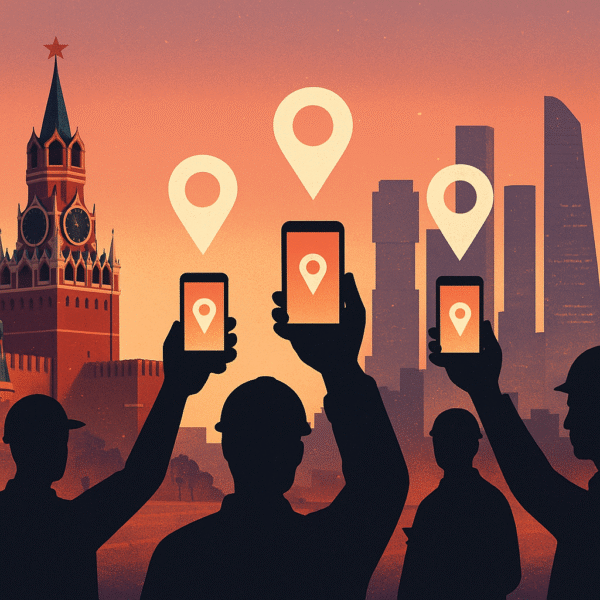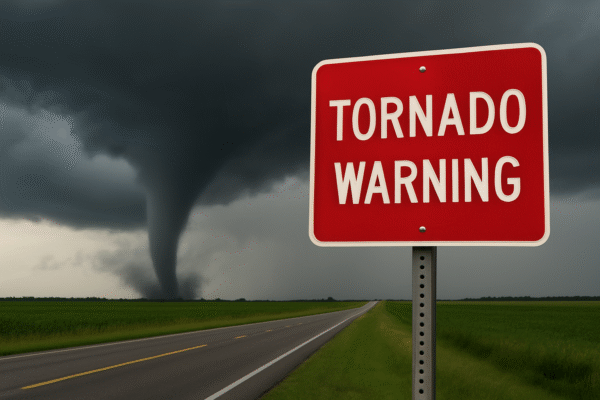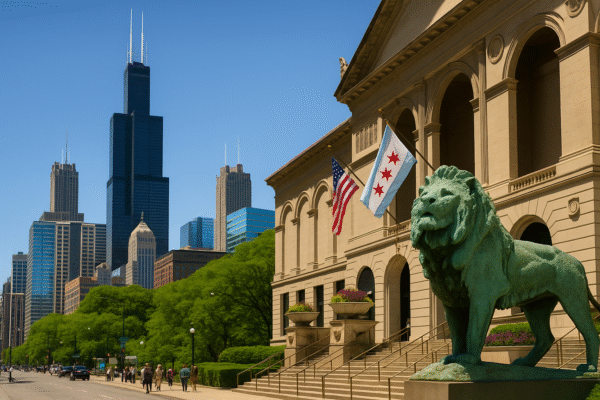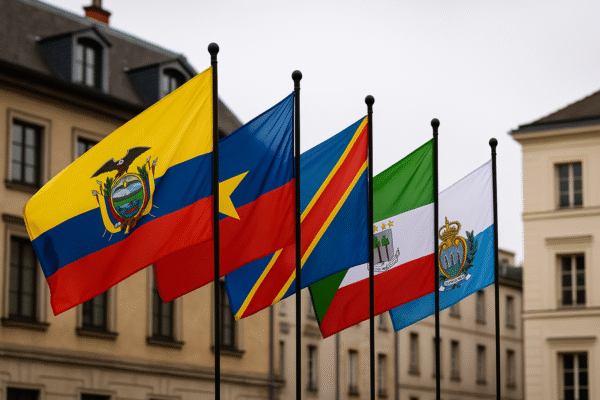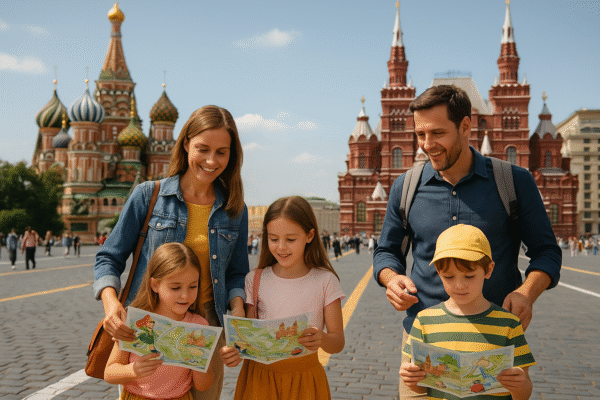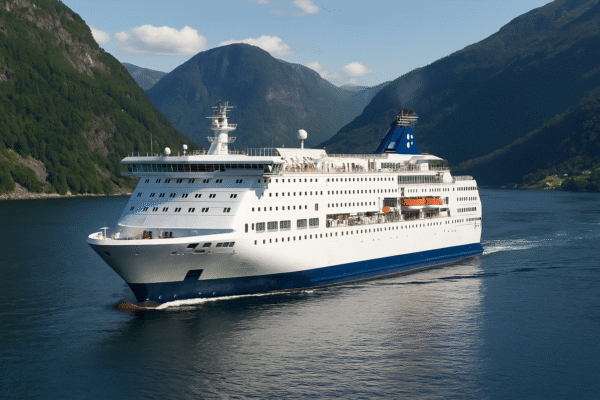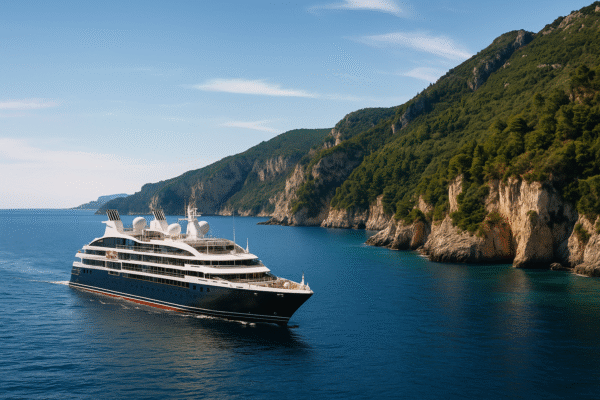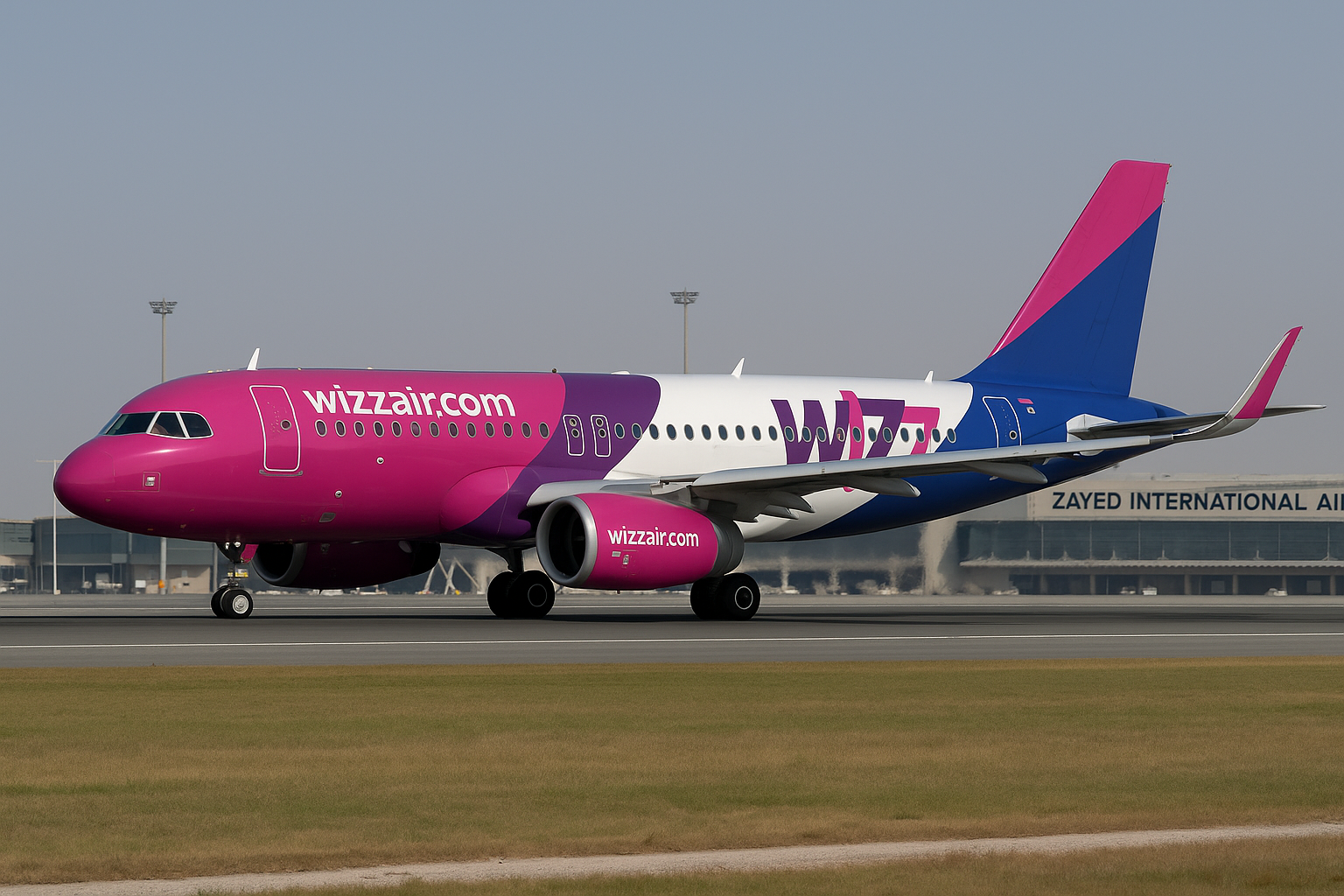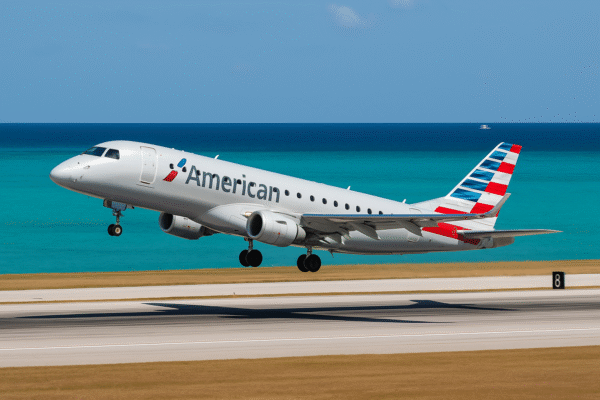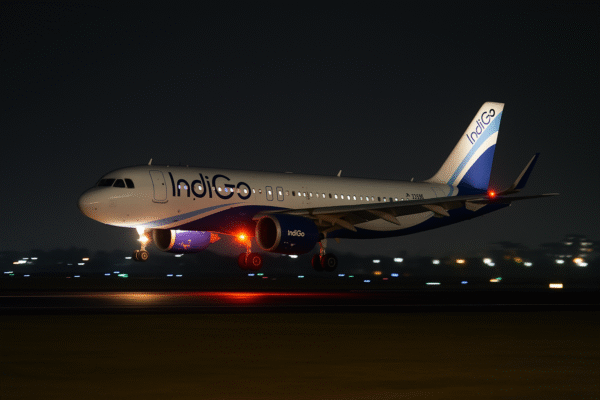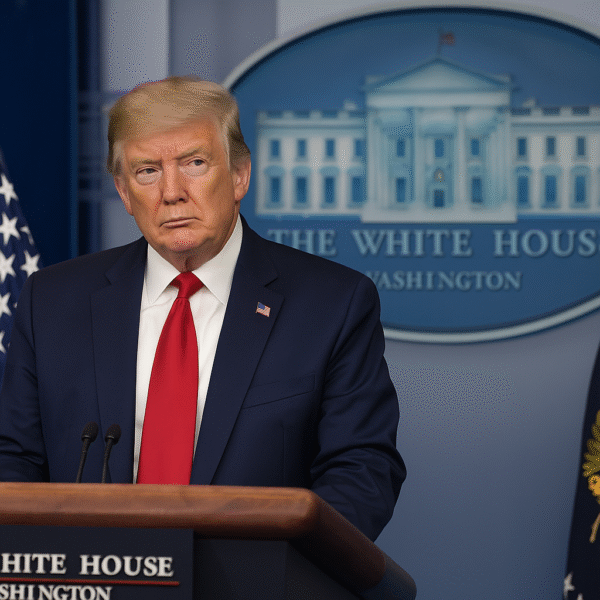As the 2025 United Nations General Assembly (UNGA) approaches, the Trump administration is signaling major changes to its diplomatic travel policies. A classified memo, now widely discussed in diplomatic circles, outlines possible travel restrictions targeting delegations from Iran, Brazil, Sudan, and Zimbabwe.
These measures, if confirmed, could reshape not only the flow of diplomatic tourism to New York City but also influence international relations during one of the world’s most important annual gatherings. The United States, as host nation of the UN headquarters, has the authority to grant or limit access to visiting officials, and this year’s restrictions could prove to be the most contentious in recent memory.
What the Restrictions May Involve
The proposals under consideration range from visa limitations to restrictions on the movement of diplomats within the United States. According to early reports:
- Iranian officials could see tighter controls, including curbs on their ability to shop at popular wholesale retailers like Costco and Sam’s Club. For years, Iranian delegations have used these outlets to purchase bulk goods for shipment back to Tehran, a practice Washington now views as problematic under trade regulations.
- Brazilian representatives may also face restrictions. While the full scope remains unclear, the move could be linked to ongoing disputes between President Trump and President Luiz Inácio Lula da Silva’s government, including disagreements surrounding Brazil’s political climate and trade tariffs.
- Sudan and Zimbabwe are expected to face heightened visa scrutiny. Though less detail has emerged, the State Department is reportedly evaluating tighter entry rules for both nations, citing diplomatic and security concerns.
These restrictions, if enforced, would apply mainly to diplomats attending the UNGA in New York but could extend to travel within the broader US territory.
Why the US Is Considering Travel Curbs
The reasoning behind these measures is complex and rooted in both foreign policy and domestic politics:
- Iran has long been a focal point of US sanctions. By limiting Iranian diplomats’ access to American goods and monitoring their movements more closely, the Trump administration aims to prevent potential trade violations while signaling a tougher stance on Tehran.
- Brazil’s tensions with Washington stem partly from disputes over former President Jair Bolsonaro’s political activities and allegations of attempted coups. US tariffs on Brazilian goods have already fueled diplomatic strains, and restricting official travel may represent another pressure tactic.
- Sudan and Zimbabwe, both with histories of political instability and strained relations with Western powers, are being closely monitored for potential security and compliance risks during their visits.
These actions underscore the administration’s broader effort to align foreign delegations’ activities with US national interests.
Timing and Implementation
The 2025 UN General Assembly is scheduled to begin on September 22, 2025, in New York City. Travel restrictions, if adopted, are expected to take effect shortly before the assembly. This means diplomats and government officials from the affected countries could encounter last-minute changes to their visas, itineraries, and movement permissions within the United States.
The restrictions are expected to last for the duration of the assembly, though Washington could extend them depending on evolving diplomatic conditions.
Impact on Tourism and Global Diplomacy
New York, already known as a magnet for diplomatic tourism during the annual UNGA, could experience significant disruptions. Normally, the city welcomes thousands of foreign officials, staff, and journalists, filling hotels, restaurants, and event venues. If these restrictions are enforced, the absence or reduced presence of delegations from key countries may change the scale and tone of the gathering.
Beyond tourism, the implications for diplomacy are profound. Iran, Brazil, Sudan, and Zimbabwe each play strategic roles in international negotiations—ranging from Middle Eastern stability and trade to climate change and human rights discussions. Limiting their delegations could narrow the scope of debate, potentially affecting resolutions passed at the assembly.
Some experts also warn that these moves could challenge the spirit of the UN, which emphasizes inclusivity and the free exchange of ideas. By restricting participation, the US risks criticism from the global community about its commitment to international cooperation.
The State Department’s Central Role
The US State Department is tasked with reviewing and implementing these restrictions. Officials will decide which delegations face travel curbs, how they will be applied, and what exceptions may exist under international law.
The department’s decisions will also influence how US embassies abroad process visas in the weeks leading up to the assembly. Any delays or rejections could impact delegations’ ability to prepare for the event.
Broader Foreign Policy Implications
These potential restrictions reflect a broader trend of the Trump administration’s foreign policy: prioritizing national security and trade interests over traditional diplomatic courtesies. Critics argue that such actions could weaken the United States’ image as a fair host of the United Nations, while supporters insist they reinforce sovereignty and protect American interests.
For nations like Iran and Brazil, already at odds with Washington, the curbs could further strain relations. Sudan and Zimbabwe may interpret the measures as an extension of long-standing Western skepticism toward their governments.
Conclusion
As the world looks toward New York for the 2025 UN General Assembly, all eyes will be on Washington’s final decision regarding these travel restrictions. The Trump administration’s stance is poised to influence not only the logistics of the assembly but also the broader landscape of global diplomacy.
If enforced, these measures will test the delicate balance between US domestic policy, international obligations, and the principle of open dialogue at one of the world’s most important forums. Whether this approach strengthens or undermines America’s position on the global stage remains to be seen.
For more travel news like this, keep reading Global Travel Wire

